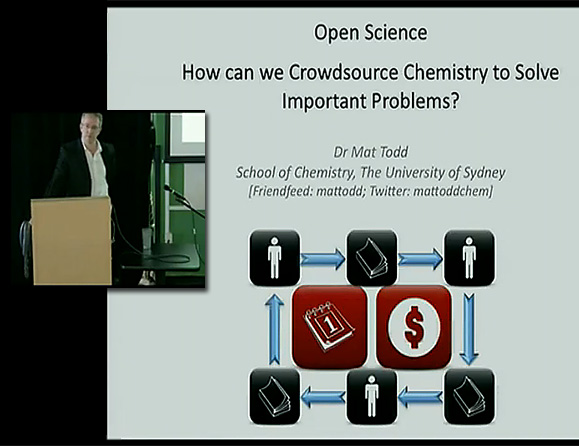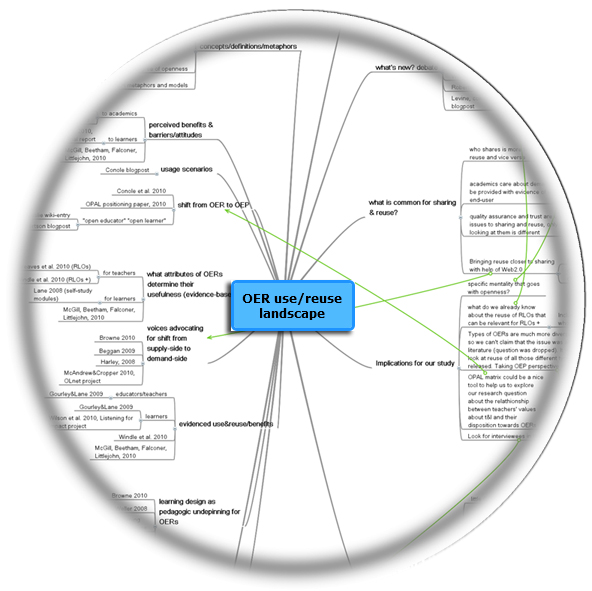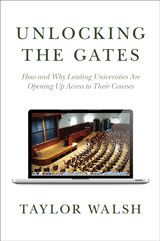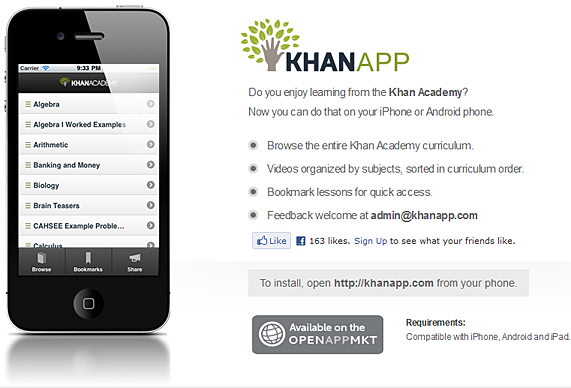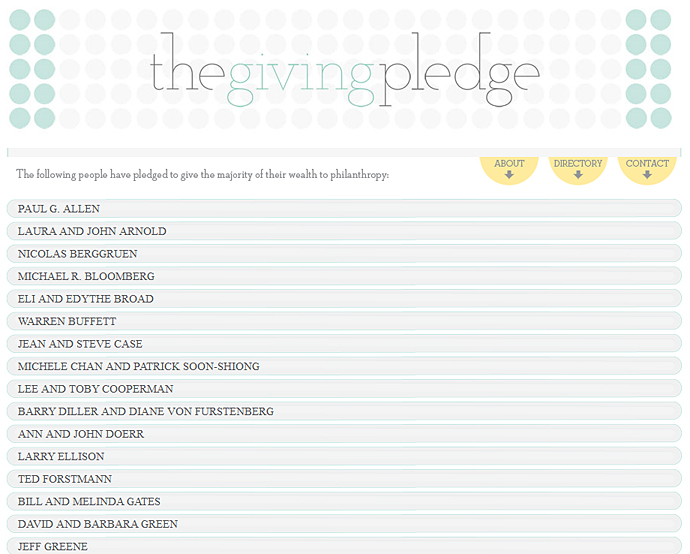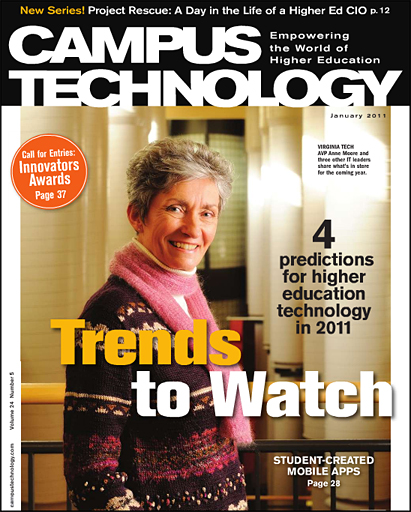IEEE Transactions on Learning Technologies TLT is a scholarly archival journal published quarterly using a delayed open access publication model.
The Web revolution, the popularity of on-line learning, and the broad availability of computers in schools, colleges, universities, workplaces and in other social settings has caused a qualitative change in the field of learning technologies. Both the variety and the complexity of e-learning tools have increased dramatically over the last 10 years. A number of new conferences emerged to provide a forum for researchers and practitioners in the field of learning technologies to discuss their work. Yet, there are very few journals, which embrace the field as a whole and provide a space to publish archival quality papers. The goal of IEEE Transactions on Learning Technologies (TLT) is to bridge this gap.TLT covers all advances in learning technologies, including but not limited to the following topics:
- Innovative online learning systems
- Intelligent tutors
- Educational software applications and games
- Simulation systems for education and training
- Collaborative learning tools
- Devices and interfaces for learning
- Interactive techniques for learning
- Personalized and adaptive learning systems
- Tools for formative and summative assessment
- Ontologies for learning systems
- Standards and web services that support learning
- Authoring tools for learning materials
- Computer support for peer tutoring
- Learning via discovery, field, and lab work
- Learning with mobile devices
- Social learning techniques
- Social networks and infrastructures for learning and knowledge sharing
- Creation and management of learning objects
IEEE Transactions on Learning Technologies
The IEEE Transactions on Learning Technologies will publish archival research papers and critical survey papers. Topics within the scope include technology advances in online learning systems; intelligent tutors; educational software applications and games; simulation systems for education and training; collaborative learning tools, devices and interfaces for learning; interactive techniques for learning; tools for formative and summative assessment; ontologies for learning systems; standards and web services that support learning; authoring tools for learning materials; computer support for peer tutoring and learning via discovery or project work or field or lab work; and creation and management of learning objects. A paper must either describe original research or offer a critical review of the state of the art in a particular area. Papers concerned with evaluation of technology are only appropriate if the technology itself is novel or if significant technical insights are provided. In order to best serve the community, the TLT will be published online, using a delayed open-access policy under which paying subscribers and per-article purchasers have access to newly published content, and then 12 months after the publication of each issue, all readers will have access to the content, free of charge.










